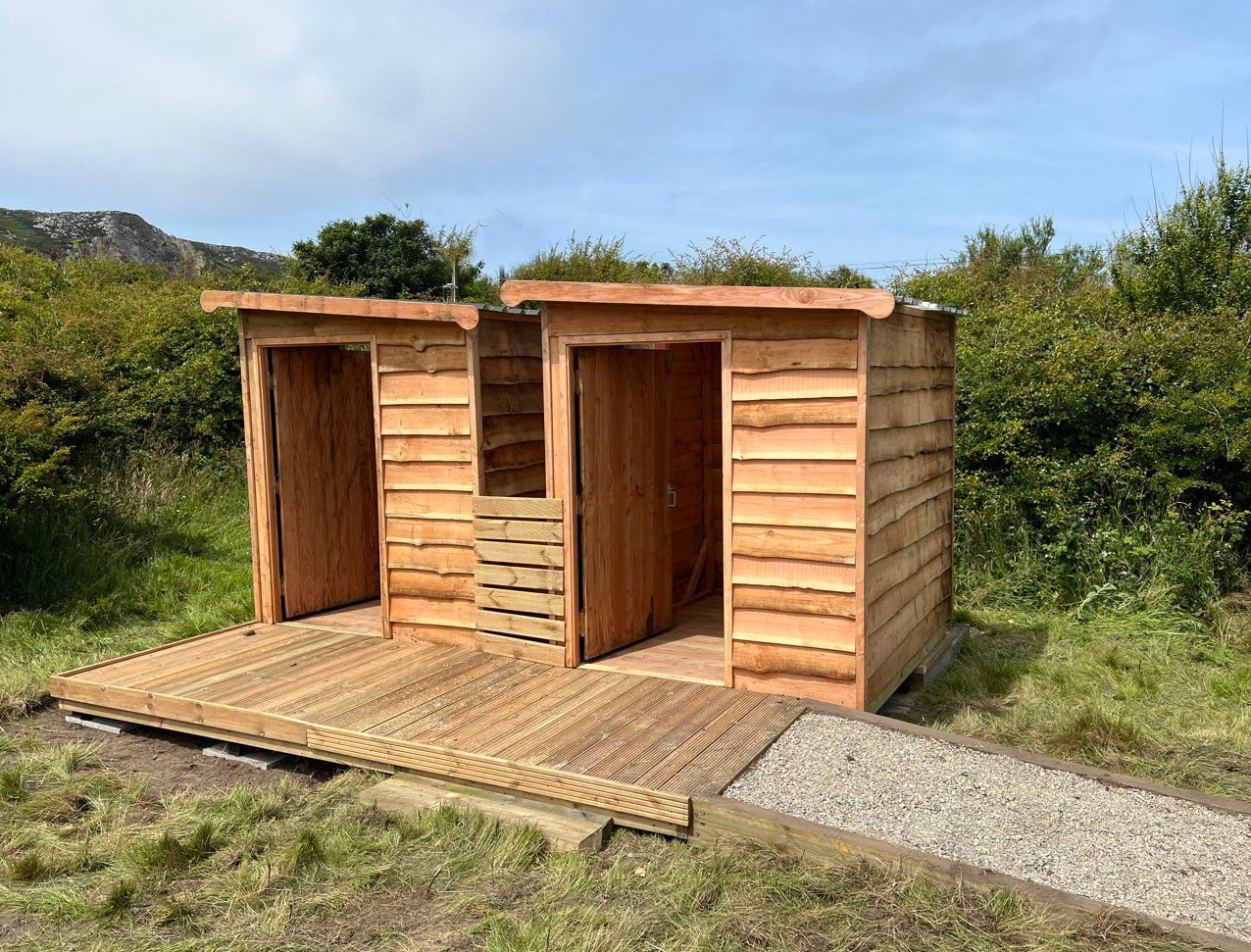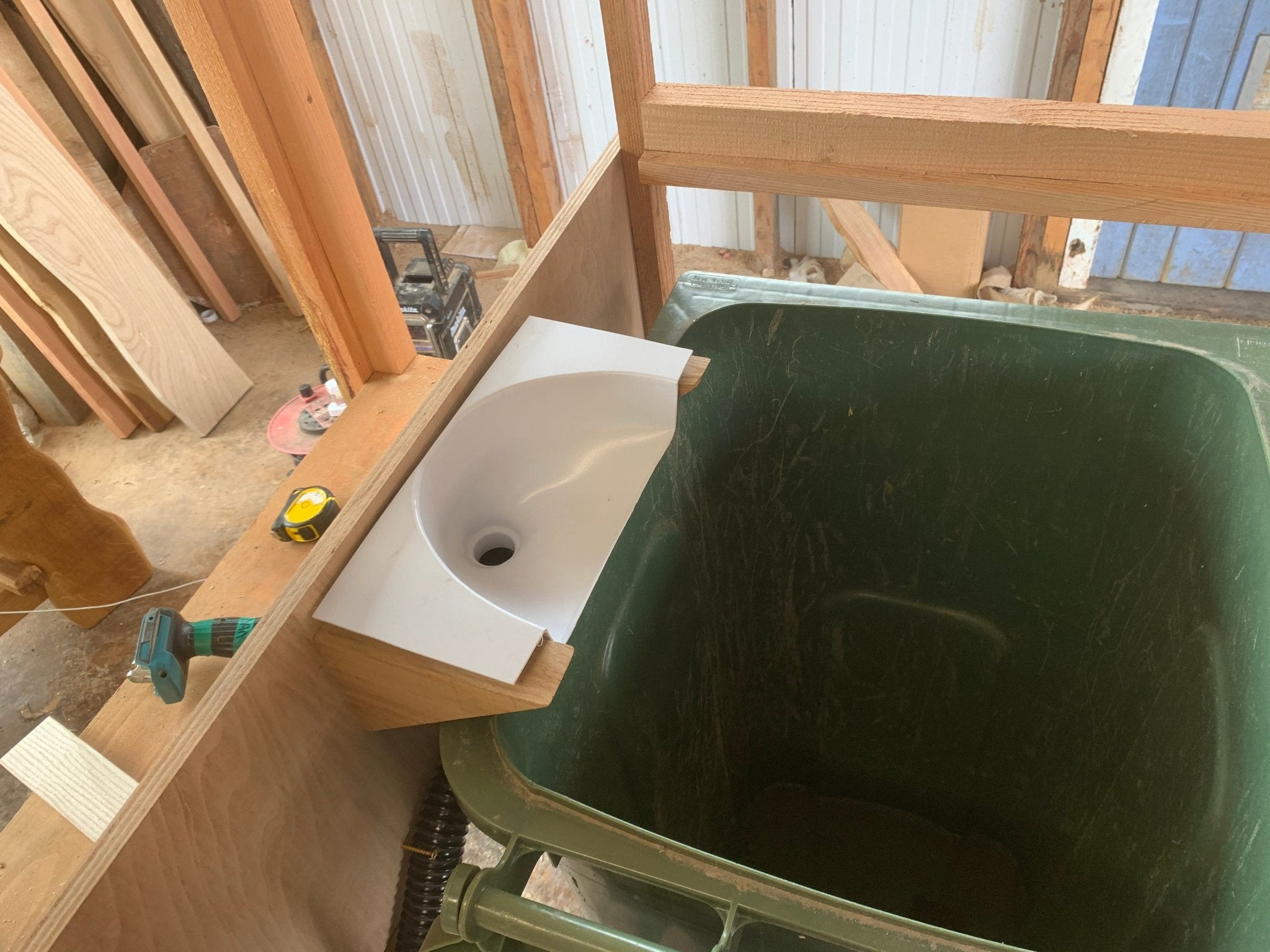Going Green With Style: Compost Toilets for Churches
Church buildings are often treasured historical landmarks. Many churches, however, struggle to meet modern sustainability standards. One area where churches can make a big change is with their toilets. Traditional flush toilets use a significant amount of water, which can be a strain on resources, especially in rural locations.
Compost toilets are a water-saving alternative that can be a great fit for churches. They are completely self-contained and require no connection to a sewage system. This makes them ideal for churches that are located off the grid or that have concerns about overloading their septic systems.

How Do Compost Toilets Work?
Compost toilets separate liquid and solid waste. Solid waste is composted in a sealed container with bulking materials like wood chips or sawdust. This process breaks down the waste and creates nutrient-rich compost that can be used to fertilize gardens or landscaping.
Benefits of Compost Toilets for Churches
- Water Conservation: Compost toilets use up to 90% less water than traditional flush toilets. This can help churches conserve water and reduce their environmental impact.
- Lower Operating Costs: There is no need for expensive plumbing connections or water bills with compost toilets. Additionally, the compost created by the toilets can be used to fertilize the church grounds, reducing the need for commercial fertilizer.
- Odor Control: Modern compost toilets are designed to be odor-free. They often have ventilation systems that remove any potential odors.
- Easy to Maintain: Compost toilets require minimal maintenance. The composting chamber only needs to be emptied periodically, depending on usage.

Are Compost Toilets Right for Your Church?
Compost toilets are a great option for many churches, especially those that are located in rural areas or that are looking for ways to reduce their environmental impact. However, they may not be the right fit for every church.
Here are some things to consider:
- Local Regulations: Some areas may have regulations regarding the use of compost toilets. It is important to check with your local health department before installing a compost toilet.
- Maintenance Needs: While compost toilets require minimal maintenance, they do need to be emptied periodically.
- User Comfort: Some people may be unfamiliar or uncomfortable using compost toilets.
If you are considering installing a compost toilet at your church, it is important to weigh the benefits and drawbacks and to talk to your congregation about their concerns.
Compost toilets can be a stylish and sustainable way for churches to reduce their environmental impact. With careful planning and consideration, they can be a great addition to any church building.
Click here to see our full range of disabled access toilets for churches





Leave a comment
All comments are moderated before being published.
This site is protected by hCaptcha and the hCaptcha Privacy Policy and Terms of Service apply.